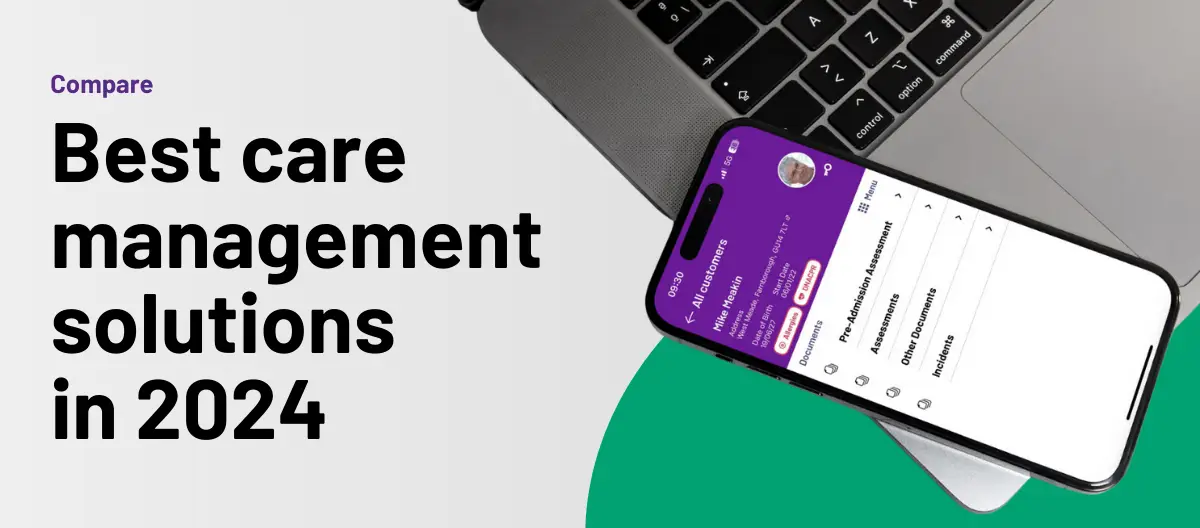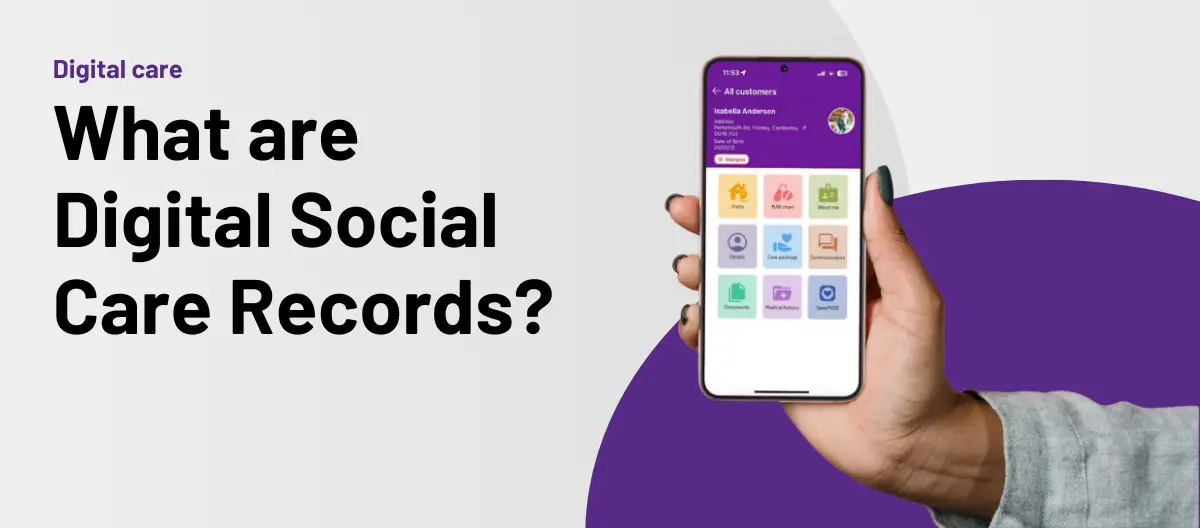In recent years, occasional whispers about intergenerational care in the UK have strengthened to an audible buzz – largely due to Channel 4’s documentary series ‘Old People’s Home for 4 year olds’. During the second series of this documentary, aired this autumn, a group of elderly people and a group of nursery children were monitored to measure the effects of a programme of interaction between the two.
At the end of the project, benefits for both groups were evident. Nine of ten elderly participants improved their grip strength (which is a general indicator of health), half of them improved their balance scores and individuals saw improvements in mental health. 102-year-old Sylvia even managed to shed her classification as ‘medically frail’. Similar results were also seen in other comparable studies, including a 2013 Japanese study, which noted seniors exhibiting a delayed mental decline, lower blood pressure and reduced risk of disease and death in comparison with seniors in non-participating facilities. The children, as in other such studies, made ‘huge strides’ in independence, language, communication and the ability to empathise. Again, similar results have been seen in other such studies, one scheme in Columbia Gardens Retirement Home, Canada, noted a boost in student standardised test scores in reading.
However, intergenerational projects mixing the very young and the very old are not the only projects making a difference. Some projects house students in residential homes, for example in Humanitas (a care home in the Netherlands), that offers students free accommodation in return for 30 hours per month volunteering with residents. Likewise, other schemes match elderly individuals offering accommodation for low or no rent to young people in exchange for up to 10 hours a week helping with simple tasks like shopping, cooking, and cleaning. Both these types of intergenerational projects combat loneliness, which can be the cause of multiple mental and physical disorders in the elderly. Valerie Enerwei, Vice-president of the Reims branch of French intergenerational housing charity Ensemble2Generations claims that their projects can defer the need to go into a retirement home by about two years.
Practical help and the strong bonds created between the young and the old in these situations can also improve care at the retirement homes. Jurrien Mentink, a student living at Humanitas, remembers being woken in the middle of the night by a staff member. One of the residents, that Mentink had grown close to, had attacked a nurse and they were struggling to calm her down. According to Mentink, when the resident saw him “it was like 180 degrees around” and “she was instantly relaxed and happy to see me”.
Clearly much good can come from intergenerational care projects.
Katherine Maule, everyLIFE Intern
Link to Katherine’s extended research: https://everylifetechnologies.com/intergenerational-care/




